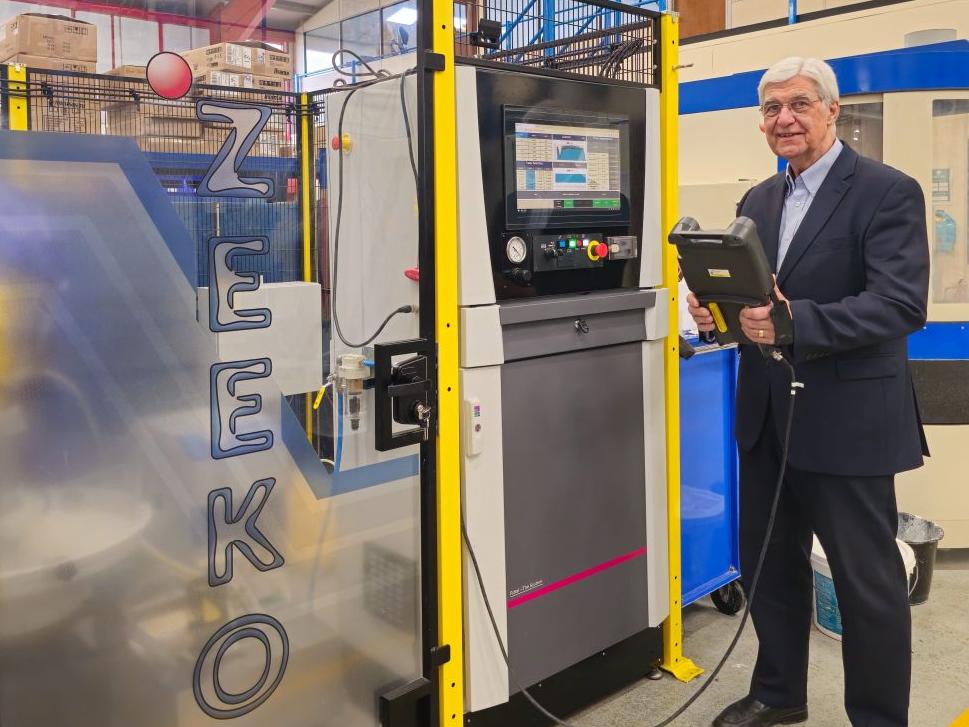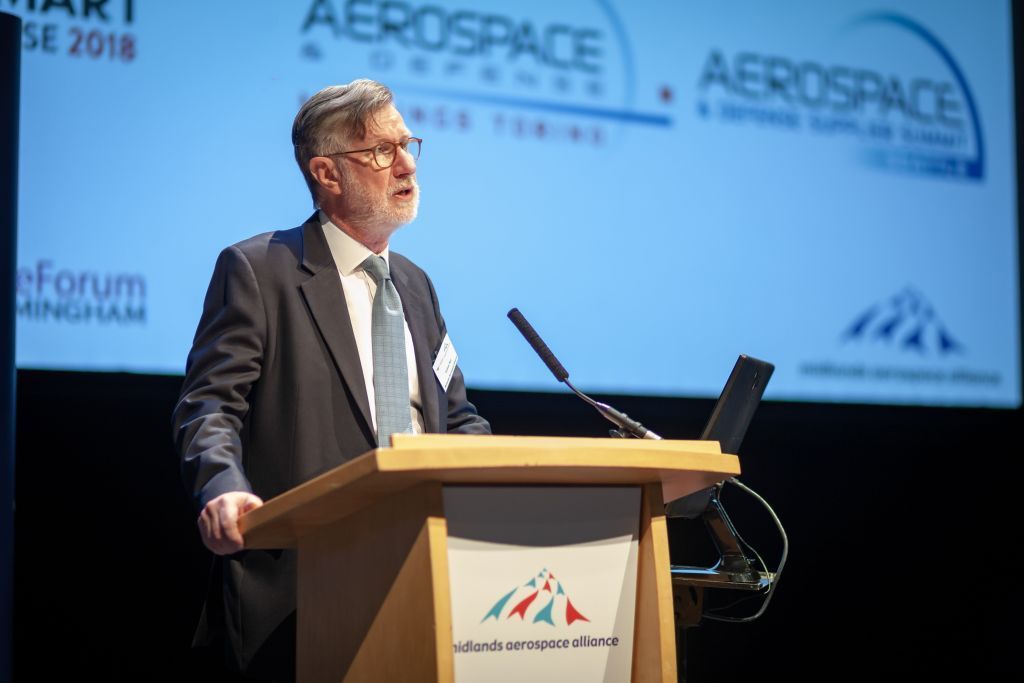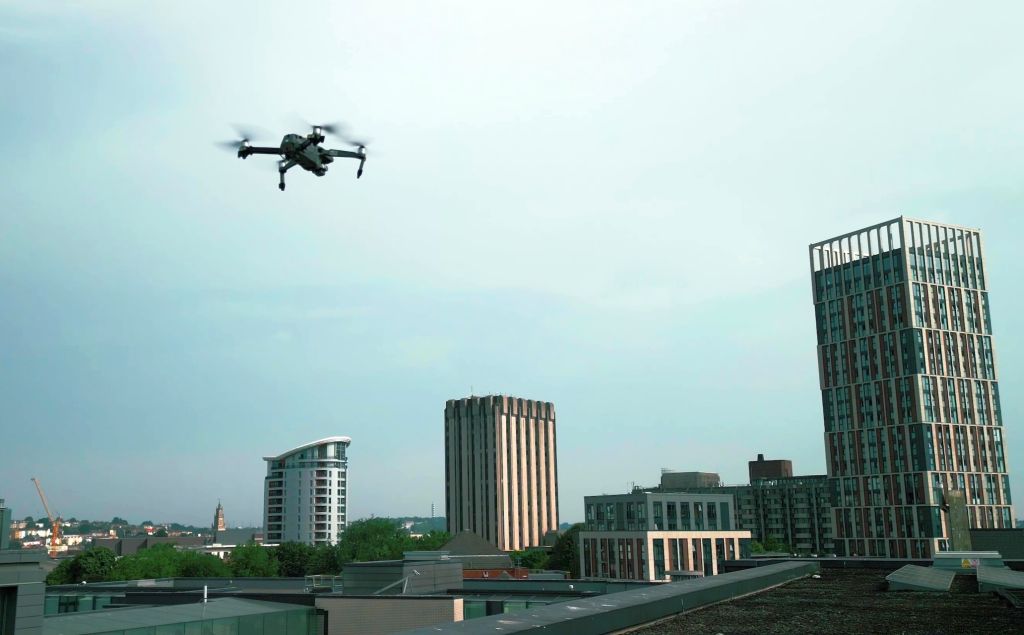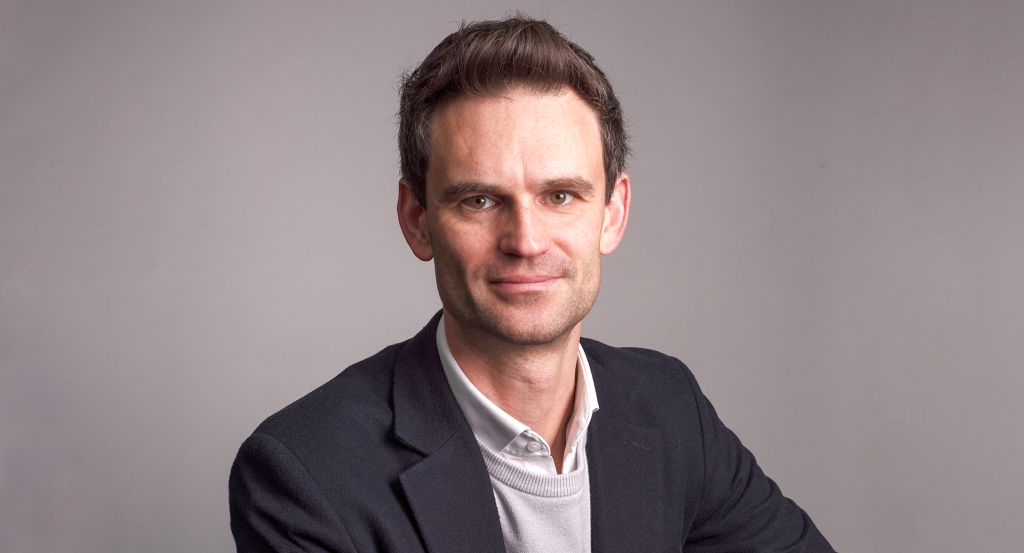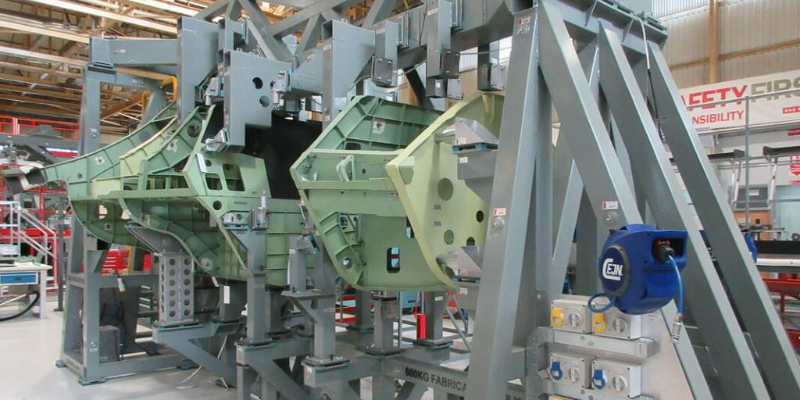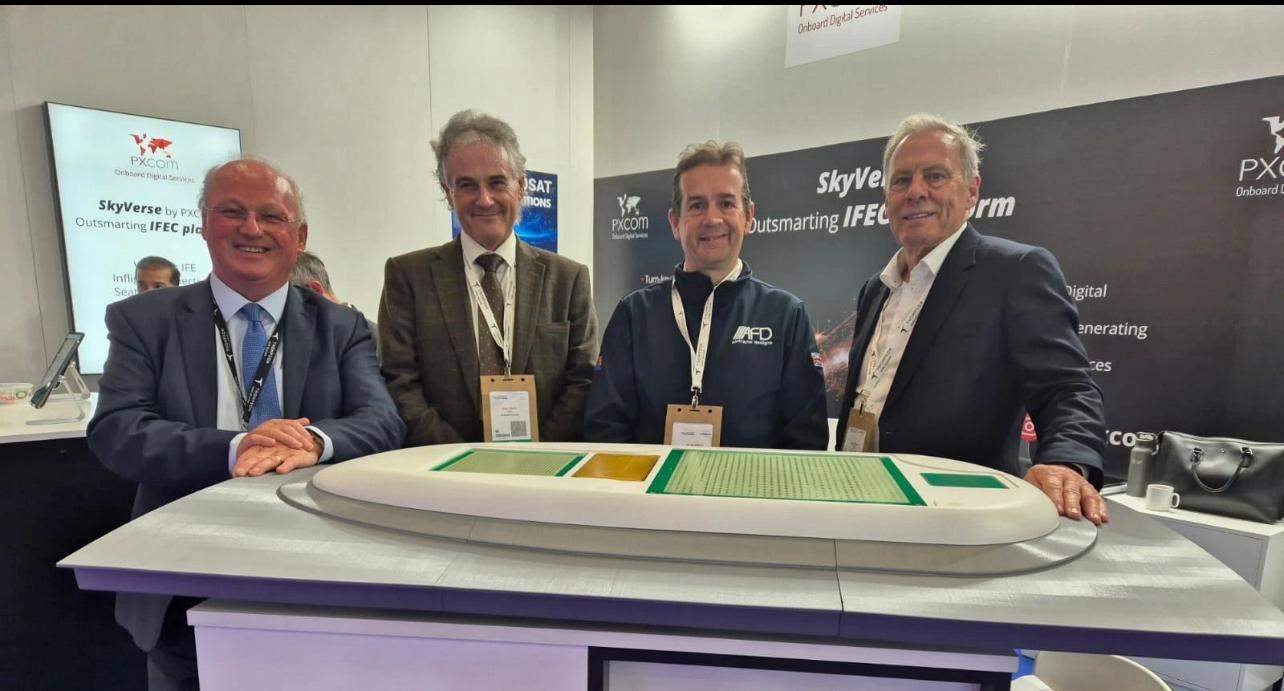
MAA conference urges supply chain to look beyond borders
16th Mar 2018 | In News | By Mike Richardson
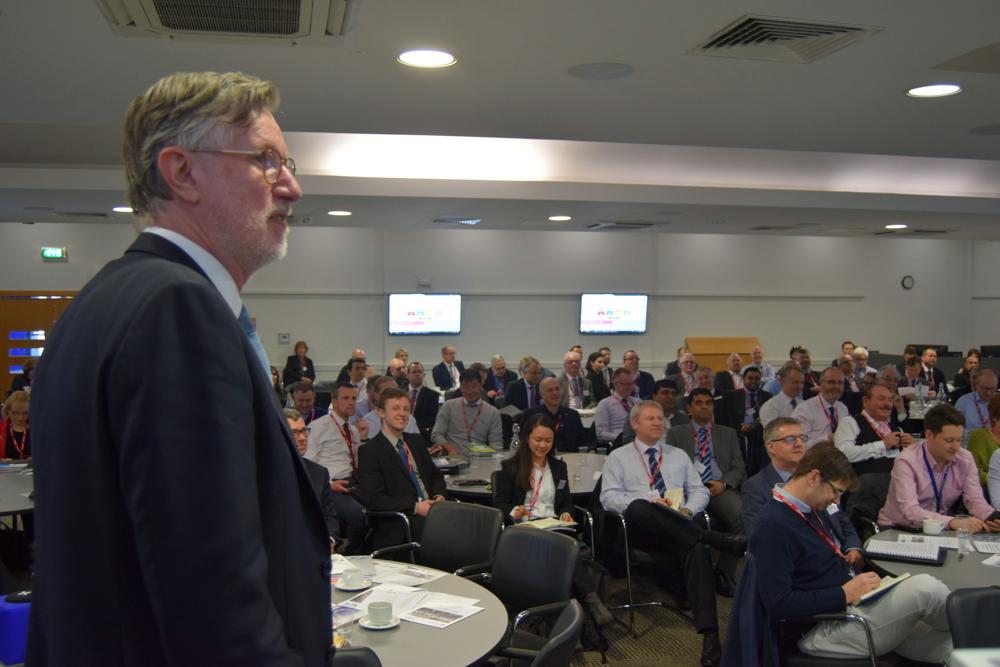
Delegates gathered on 8 March at the Rolls-Royce Learning and Development Centre in Derby to hear industry experts and leaders discuss the challenges and opportunities that lie ahead.
The event encouraged delegates to look beyond borders as it prepares for Brexit and exploit growth within an increasingly global sector, and to embrace fully the opportunities that are available in a sector that is primed for massive growth.
The global aerospace industry now employs more than 62 million people worldwide. Air traffic is doubling every 15 years and it is anticipated 33,000 new aircraft will be required over the next 20 years.
The biggest take away messages for delegates came from Airbus’ Head of UK Supplier Development, Andy Moran who urged the UK supply chain to become ever more competitive and productive in order to win new business. Rolls-Royce's chief operating officer, Simon Kirby was clear Rolls-Royce is having to revolutionise the way it runs its business.
Production expert David Wimpenny, from the Manufacturing Technology Centre (MTC) encouraged delegates to invest for the future in new technologies such as additive manufacturing which could have a major impact on machinists, fabricators and special process firms like heat treatment and surface engineering.
Robin Hill, head of Electronics at Rolls-Royce, explored what electric propulsion would mean for the gas turbine industry and how the drive for electric vehicles is set to push the demand for cleaner transport across air, land and sea. Expert consultant Robert Thomson of Roland Berger emphasised that these trends can be seen across the aerospace industry.
The conference also addressed the prospect of Brexit and the implications it has for everyone within the aerospace sector. Jeegar Kakkad, chief economist and director of Policy at ADS, talked about how UK suppliers should be preparing for exiting the EU and concerns over potential delays at Dover, whilst Lee Hopley, EEF chief economist, focused on the challenges, opportunities and policy changes affecting the UK and Midlands manufacturing sector. The overarching message was that the aerospace supply chain must have the right plans, strategies and investment in place to adapt to changing economic landscape.
UK aerospace businesses have earned a global reputation for manufacturing excellence and are able to compete on a global stage. Yet as competition intensifies and Brexit looms, it is imperative they adapt accordingly. Regional manufacturers need to rise to the challenge of supplying products and services for new aircraft, together with repairs, maintenance and overhaul for existing fleets.
Andrew Mair, MAA chief executive, said: “Our sixth annual conference was a huge success, attracting delegates from right across the aerospace supply chain. They were able to network, share ideas and gain insight with like-minded businesses, whilst keeping abreast with the latest sector trends.
“It was clear from the conference topics and discussions that supply chain companies need to invest in their future operations, whether through new technologies, better business processes or implementing new manufacturing techniques. In addition, our sector needs to look beyond borders and beyond Brexit so we continue competing on a global platform.”
Consider a free digital subscription
If you find this article informative, consider subscribing digitally to Aerospace Manufacturing for free. Keep up to date with the latest industry news in your inbox as well as being the first to receive our magazine in digital form.


